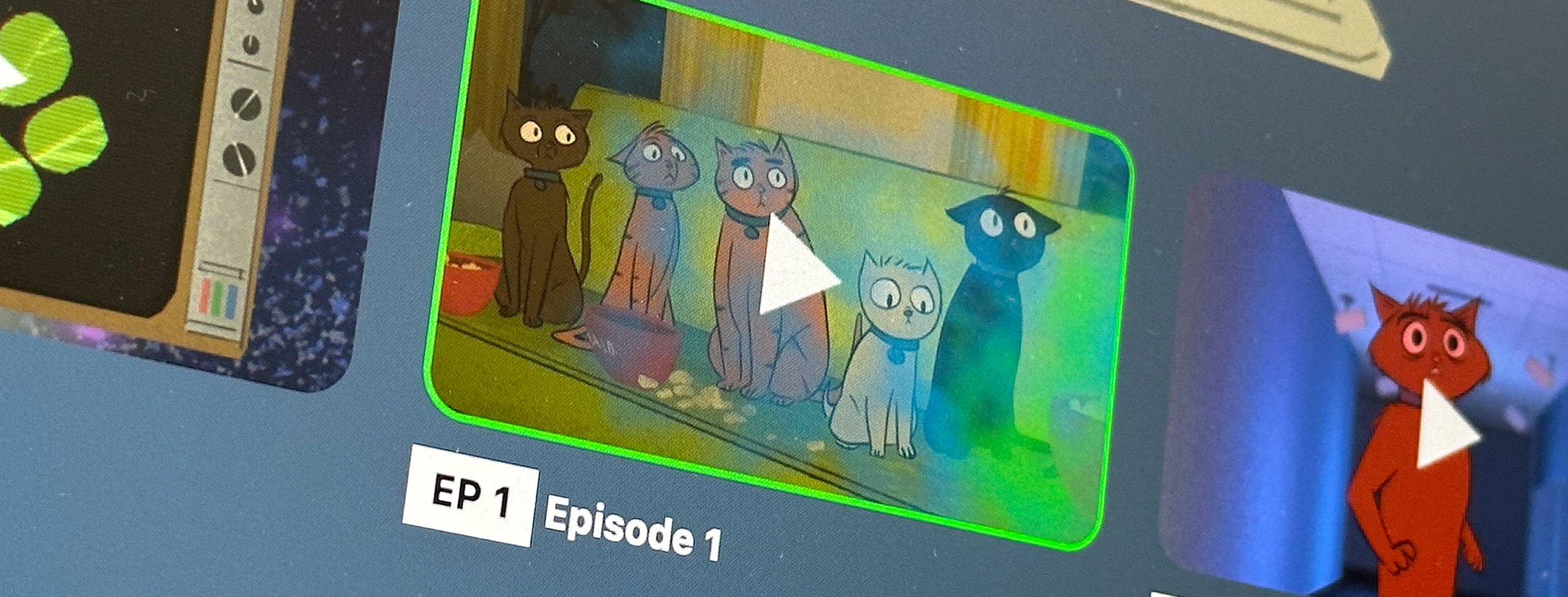
5 October 2023 • 4 minute read
Canadian court: A thumbs-up emoji sent by mobile phone constitutes an electronic signature, forming a binding legal agreement
In South West Terminal Ltd. v. Achter Land, 2023 SKKB 116 (CanLII) (# QBG-SC-00046-2022, June 8, 2023), the King's Bench for Saskatchewan granted summary judgment for South West Terminal Ltd. (SWT) in a dispute over execution of a deferred delivery commodities purchase contract. SWT had sued for breach of contract and damages of CND82,200.21 plus interest and costs for failure of delivery by Achter Land.
The dispute centered around a text exchange between representatives from SWC and Achter. After a telephone conversation between the two parties, the representative of SWT prepared the contract pursuant to the discussions, signed the paper contract, took a photo of the contract with his phone, and texted the photo to Achter’s representative with the message, "Please confirm flax contract." Achter's representative replied to that text with a thumbs-up emoji: 👍.
The court applied Saskatchewan contract law, "the test for agreement to a contract for legal purposes is whether the parties have indicated to the outside world, in the form of the objective reasonable bystander, their intention to contract and the terms of such contract," which permits the court to consider the surrounding circumstances.
In this case, the court considered the long-term relationship of the parties, which includes a history of completing contracts through Achter's "execution" of the contract by text message reply. After a telephone discussion on contract terms, SWT would text a photo of the contract with the statement, "Please confirm terms of … contract." In response, Achter would send reply messages of "Looks good," "OK," or "Yup," and deliver the products as required under the agreements.
The court found Achter's reply of a thumbs-up emoji to be very similar to the terse acceptance replies provided on other contracts. Moreover, the court found that the thumbs-up emoji was "an action in electronic form" that can be used to express acceptance as contemplated under The Electronic Information and Documents Act, 2000, SS 2000, c E-7.22 [EIDA].
Pursuant to that law, "Unless the parties agree otherwise, an offer or the acceptance of an offer, or any other matter that is material to the formation or operation of a contract, may be expressed: … by an action in an electronic form, including touching or clicking on an appropriately designated icon or place on a computer screen or otherwise communicating electronically in a manner that is intended to express the offer, acceptance or other matter." Further, the law defines an "electronic signature" as "information in electronic form that a person has created or adopted in order to sign a document and that is in, attached to or associated with the document."
The court acknowledged that a thumbs-up emoji is a non-traditional means to sign a document, but found that the parties' historical business relationship constituted circumstances accepting this means "as a valid way to convey the two purposes of a 'signature' – to identify the signator ([Achter] using his unique cell phone number) and … – to convey Achter’s acceptance of the flax contract."
In response to Achter's argument that allowing emojis to constitute electronic signatures "would open up the flood gates to allow all sorts of cases coming forward asking for interpretations as to what various different emojis mean," the court responded that "[t]his Court cannot (nor should it) attempt to stem the tide of technology and common usage – this appears to be the new reality in Canadian society and courts will have to be ready to meet the new challenges that may arise from the use of emojis and the like."
Learn more about the implications of this case by contacting any of the authors.


